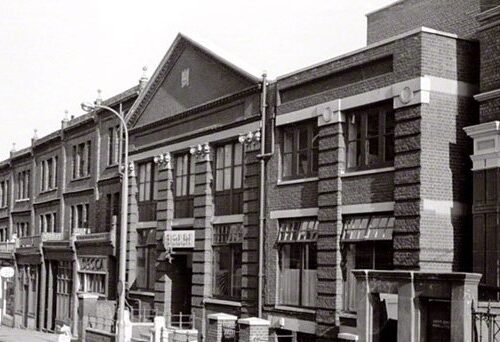

The object of this Society is: To increase the knowledge, the love, and the practice of the right. Its bond of union is the belief that this object may be obtained without the aid of any theological sanction.
Object of the Hampstead Ethical Institute, adopted 1903
The Hampstead Ethical Institute, formed in 1900 and active as the Hampstead Humanist Society until 2015, was the oldest humanist group in the UK after South Place. Founded to promote morality, education, and community, for 115 years it welcomed an array of remarkable individuals as members and speakers, including physician and campaigner Dr. Alice Vickery, prominent educationist Alice Woods, and mathematician Frances Hardcastle.
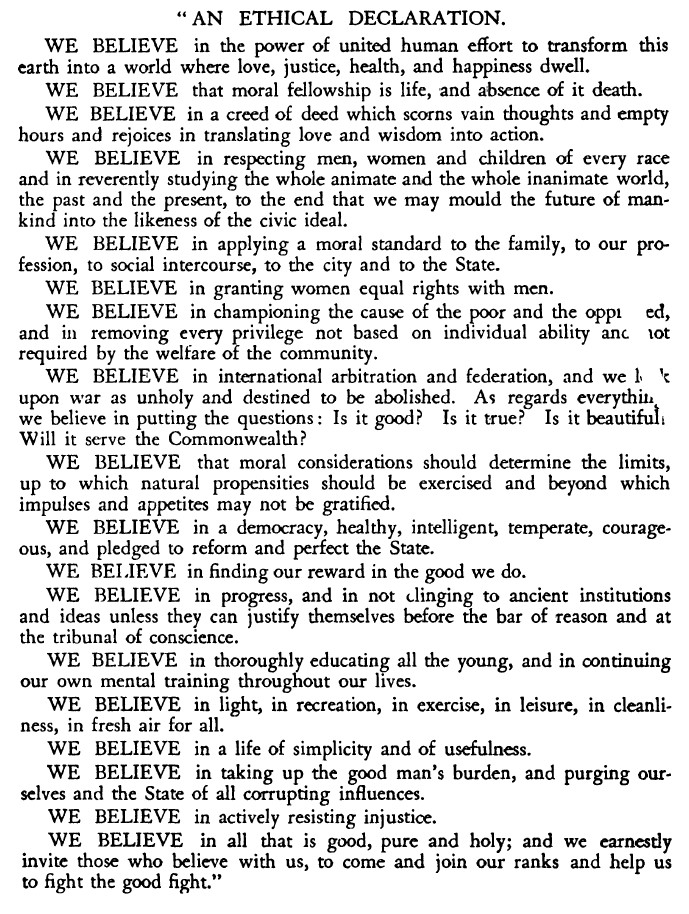
The Hampstead Ethical Institute was formed in early 1900, and held its first Sunday ‘service’ on 29 April that year. Its first annual report stated that:
Early in 1900 efforts were made to form the Institute, and those residents of the district who desired to see provided, at times of leisure, more opportunities for bringing reason, knowledge, and sympathy to bear upon life, apart from all that is merely theological or traditional, especially the holding of services on Sundays in which reading, congregational singing, and discourses on religion, literature, art and science, should form part, were, through announcements in the Press, invited to the meeting at which the formation of the Institute was agreed upon. The Inaugural Meeting was held at the residence of Mr. Mark H. Judge, 4 Kingdon Road, West Hampstead, when the Institute was definitely formed.
The members of the first Committee were: Mark H. Judge, A.R.I.B.A. (Chairman), James F. Muirhead, M.A., George Dolman, Max Firnberg, J. B. Hodge, Horace B. Lakeman, Miss A. A. Larner, Miss G. F. Larner, H. O. Newsome, H. Westbury Preston, John Smurthwaite, Miss E. Simpson, Peter Tait, Mrs. Wright, and Miss Sybil Judge (Hon. Secretary). These figures give an interesting indication of the society’s composition.
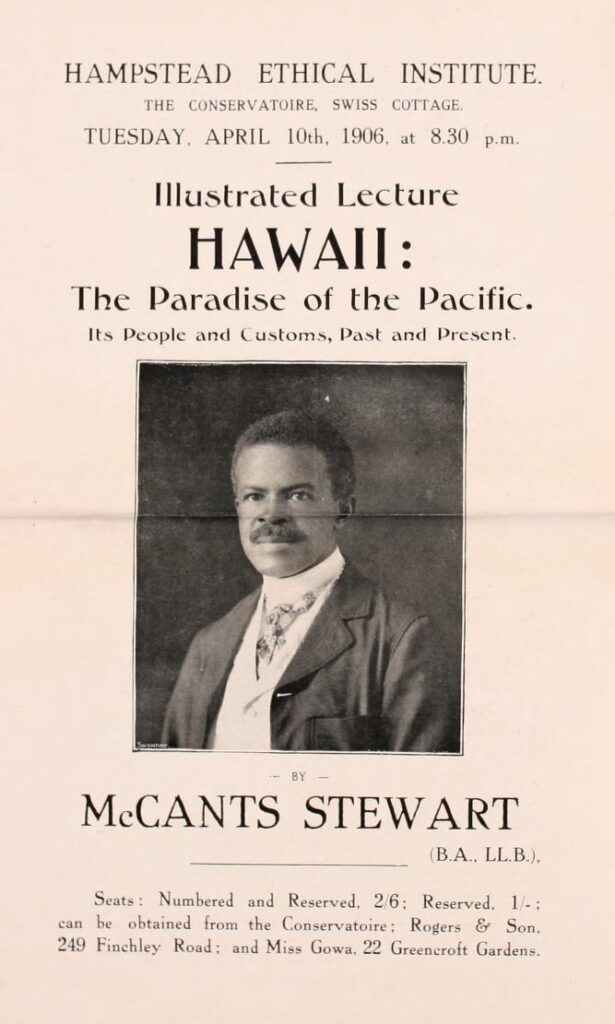
Mark Hayler Judge was an architect and sanitary engineer, notable for his fight to reform the Metropolitan Board of Works in London in the 1880s, and for his founding of the Sunday Society, and the University Extension Guild. Judge was editor of the Ethical Review, and in 1902 published The Ethical Movement in England. His daughter Sybil was the Hampstead Ethical Institute’s inaugural Honorary Secretary. George Dolman, who died in 1905, is listed on the 1901 census as a ‘dealer in curios’. Max Firnberg was a German-born merchant. J. B. (John Barwick) Hodge published West Somerset Ballads in 1895, and his sister Margaret Emily was a prominent educator and feminist, noted for her work in Australia. G.F. (Georgina Frances) Larner was a dressmaker and milliner, and a member of the Committee alongside her sister, Annie Augusta. John Smurthwaite was a retired schoolmaster, Peter Tait a financial agent, and ‘Mrs Wright’ was Jane Alice. Horace Bradlaugh Lakeman was a Customs And Excise officer, and E. (Everald) Simpson, also on the Committee, his future wife. Their daughter Enid Lakeman went on to be a prominent political reformer, and was a lifelong humanist.
The Hampstead Ethical Institute’s first Sunday meeting was held on 29 April 1900 at West Hampstead Town Hall, where meetings took place until the end of May, featuring five talks by J.M. Robertson on the lives of John Ruskin, Ralph Waldo Emerson, Matthew Arnold, Walt Whitman, and Herbert Spencer. In June, meetings moved to the large hall of the Hampstead Conservatoire, Swiss Cottage, which was then a private music and arts college, and is today part of the Royal Central School of Speech and Drama. Meetings of the Hampstead group were held in the large hall until 1916, before moving the small hall, and in 1928 to the Studio Theatre, at 59 Finchley Road. According to Gustav Spiller, numbers in attendance fluctuated between 30 and 150 up to the end of the First World War, regularly averaging 100 ‘during the most flourishing period’. As was the case with many other ethical societies, the Hampstead Ethical Institute saw a sharp decline in attendance after the War.
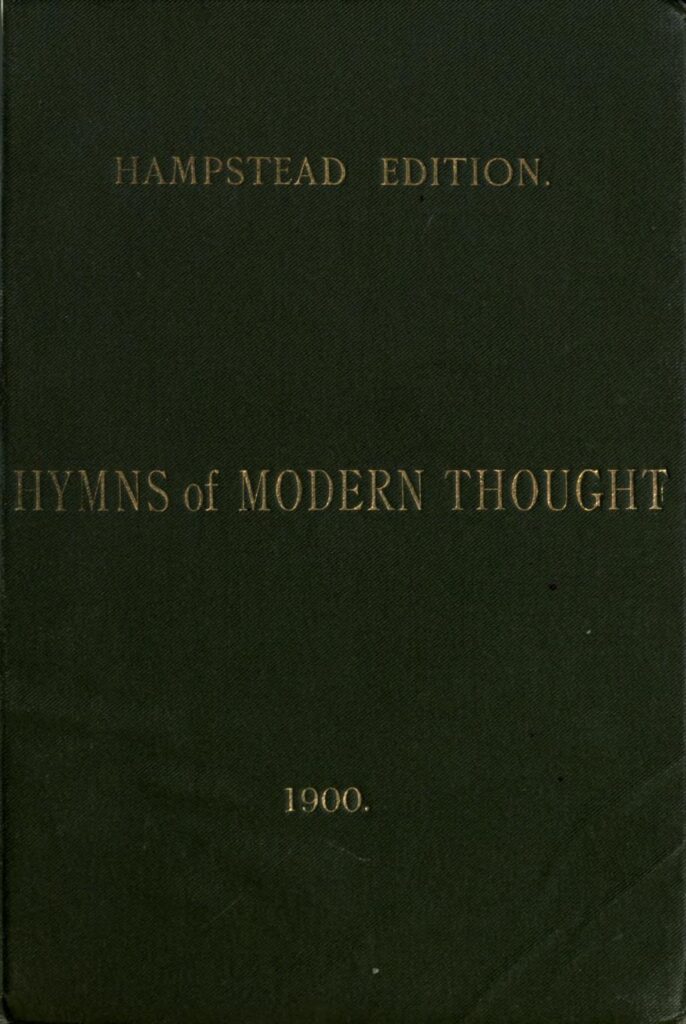
In addition to Sunday ‘services’, which included music, song, readings, and a lecture, the Hampstead Ethical Institute was active in social and charitable efforts. Until 1909, they ran a secular Sunday school, for which the work of Mary Gilliland Husband was particularly noted as being ‘one of the most vital things in the history of the Society’, and ‘an important influence on its membership and character.’ 1908 saw the formation of a Needle Work Guild, and a Pleasant Evening Guild for children. The first produced clothing to be distributed among charitable institutions, while the latter organised activities and games one evening a week. The Institute’s Debating Society, active 1903–1925, was a popular and long-running part of its programme.
As was the case for many ethical societies in the Union (which the Hampstead Ethical Institute joined in 1903), the group and its members were actively involved in a diverse range of wider efforts towards social reform. In 1909, the Institute appointed an official representative to the Hampstead Social Welfare Society, and in 1912 joined the Rationalist Peace Society, appointing Josephine Gowa as its representative on the Committee. The Institute also joined the League of Nations Union after the War. Many of its longtime members were personally prominent in reformist efforts, including a number of leading suffragists (Beatrice McCabe, Amy Maud Hicks, and Margaret Eleanor Thompson), campaigners (Alice Vickery and May Seaton-Tiedeman), and civil servants (Isabel Grinton Smith, the first woman to be employed as a higher level civil servant in the London County Council, on two thirds of the salary of her male counterparts).
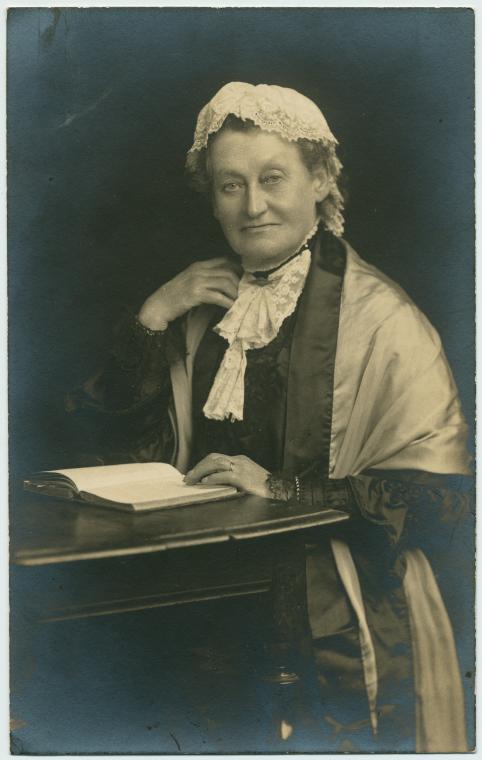
Over the years, the Hampstead Ethical Institute (which would become the Hampstead Humanist Society) hosted an impressive collection of speakers, including Harry Snell, Edward Carpenter, Joseph McCabe, Charlotte Perkins Gilman, Helena Swanwick, Nellie Freeman, George Bernard Shaw, Sylvia Scaffardi, C.L.R. James, and L. Susan Stebbing.
In 2015, the Hampstead Humanist Society drew to a close, and their papers were deposited with the Bishopsgate Institute. This collection, including minutes, annual reports, lectures, and scrapbooks, complements the materials of the Hampstead Ethical Institute, which form part of the British Humanist Association archive, also held by the Bishopsgate.
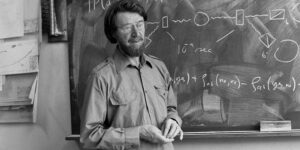
In the beginning natural philosophers tried to understand the world around them. Trying to do that they hit upon the […]
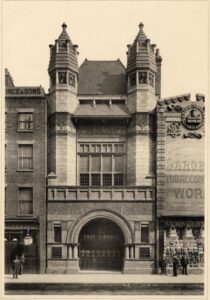
Bishopsgate Institute was built ‘for the benefit of the public’ in 1894, intended to provide opportunities for education and recreation […]
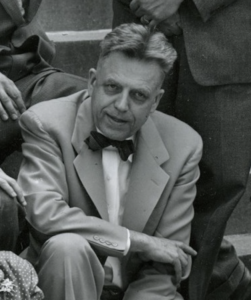
By Steve Ratcliff Steve has been researching humanists from LGBT history, focusing on digitised materials from the archives of LGBT […]
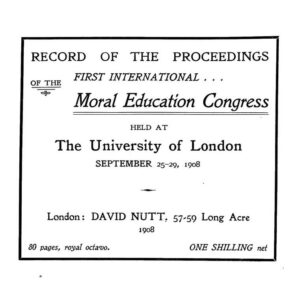
To have thus assuaged the temper of controversy, to have softened much deep-seated prejudice and to have disposed some of […]